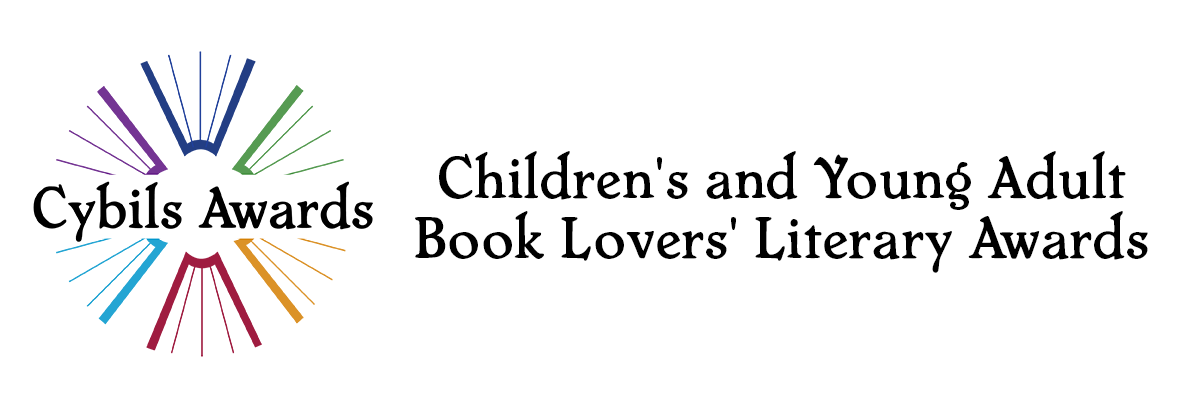Last year for the first time, we provided a separate window of time when publishers and authors could submit their own books. From the beginning, we've always allowed publishers and authors to nominate their own books, but there were problems. Our nomination process, especially the "one nomination per person per category" rule, didn't work well for publishers, and there was a general feeling among Cybilites that a nomination should be "pure," in other words, a recommendation from someone not associated with the book. However, we also recognize that sometimes good books fall through the cracks and don't get nominated, for various reasons, and we wanted to make sure that we're looking at every book and app that we should be looking at.
So, we added a way that publishers, authors, and publicists can submit books to address those oversights. The publisher submission period is after the public nomination period, to give every book a chance to be nominated by the public first, and to allow publishers to see what was nominated and fill in the gaps. Instead of a "one nomination per person per category" rule, publishers and authors are limited to submitting no more than 10% of their children's/YA books for the year. Authors and smaller publishers with less than ten books can still submit one book. Submitted books are not considered nominees, but they are treated like every other book when judges are evaluating books for the award, and they have the same chance to become finalists or winners.
Now that we're in our second year of doing this, and publisher/author submissions recently closed, I can say that it has succeeded even better than we hoped at achieving the goal of making sure that good books didn't fall through the cracks. Publishers and authors have submitted excellent books that were missed during nominations, and in general I think that judges don't even notice whether a book is nominated or submitted when considering it for the award. Although only one submitted book made the shortlists last year, (in Fiction Picture Books) there were several that were under serious consideration.
Last year, some publishers hung back and didn't submit, waiting to see how things would work out. This year, publishers and authors have enthusiastically embraced the opportunity to submit, and I'm excited to read some of the many excellent submitted books.
The only glitch that we've had so far this year (keeping fingers crossed!) was a problem with the schedule. Our schedule only allows ten days for publishers to submit after nominations close. We knew it would be tight, but we can't really allow for longer. However, because of process issues, we didn't get notifications of their nominees to some publishers until well into the second week of the submissions period, leaving publishers with very little time to pull together a submission at a time of year when they're extra busy anyway. In consideration of that, we accepted a few late submissions up through last Friday, November 1, a week after the deadline.
Next year we will be addressing this issue to prevent these kinds of problems. We can't really allow longer than ten days for publishers to submit, but we can do a better job of making sure the process is expedited and as painless as possible, and we've already discussed ways of doing that. Next year we will not be allowing any submissions past the deadline. And for this year, submissions are really and truly closed now. We can't accept any more submissions, so don't ask! It's a matter of practicality as much as anything; our January 1 announcement of finalists is rapidly approaching and we need time to get copies, read, and discuss the books.
A big thank you to all publishers and authors who submitted and who have enthusiastically supported us with emails and blog posts and tweets. Best of luck to all of you!
–Sheila Ruth
